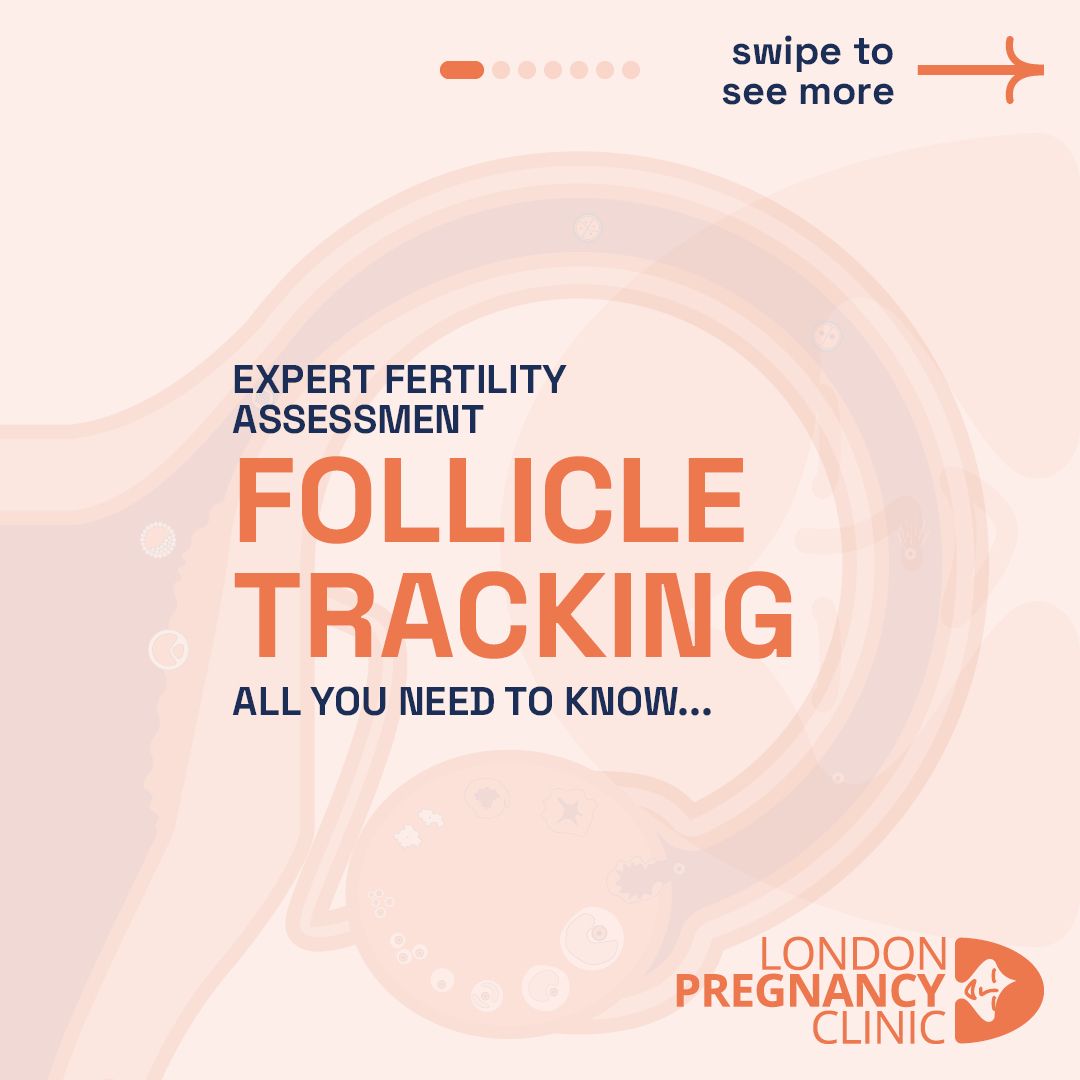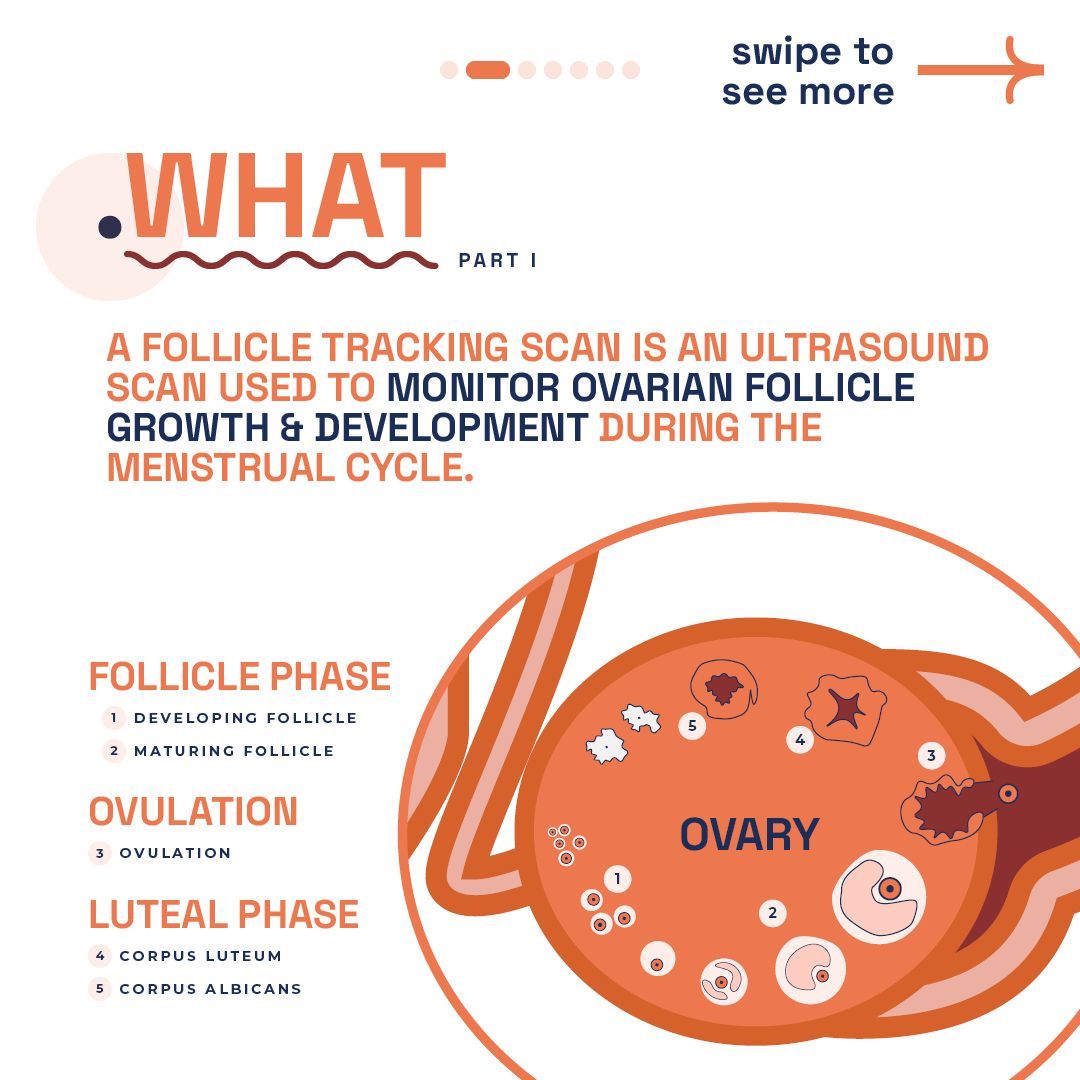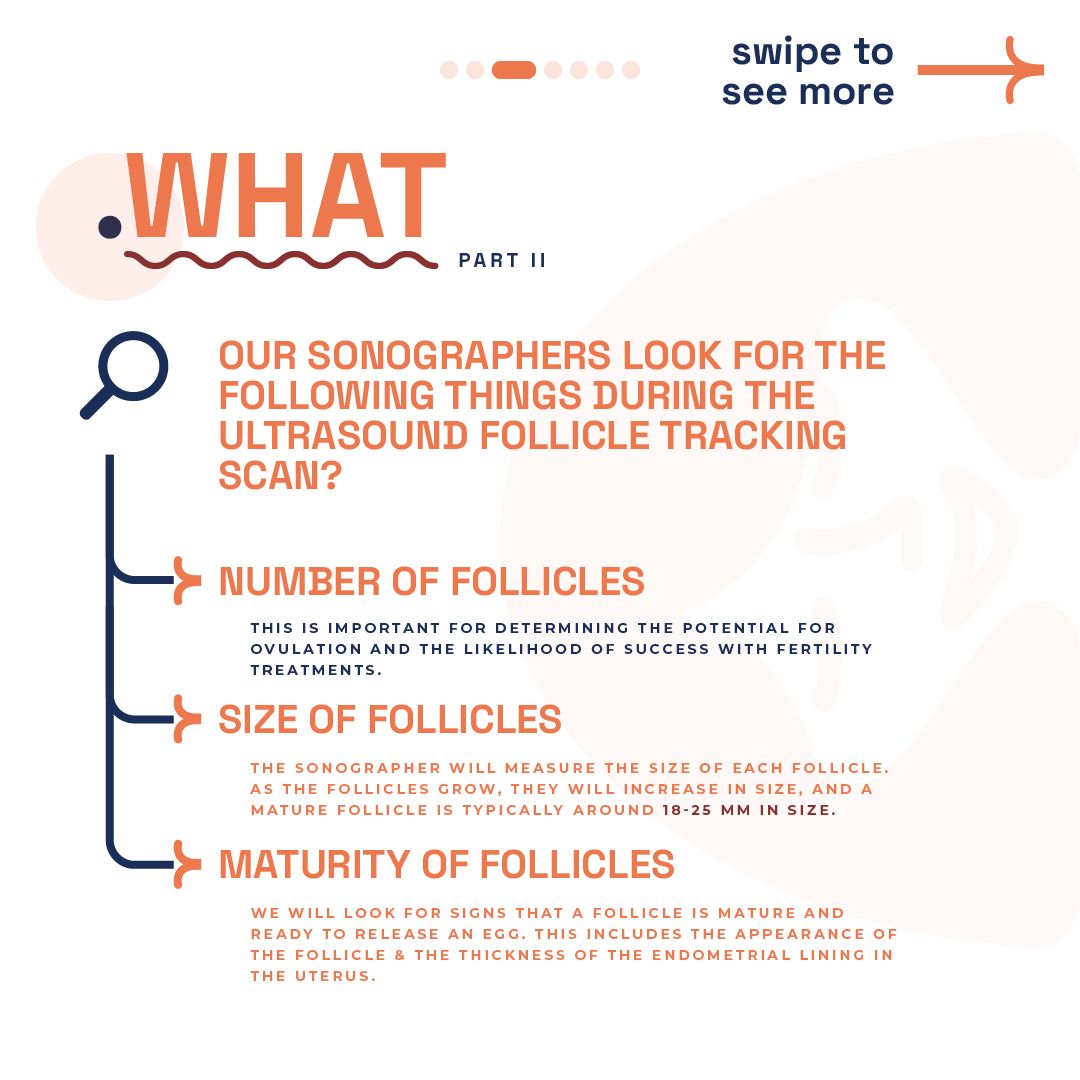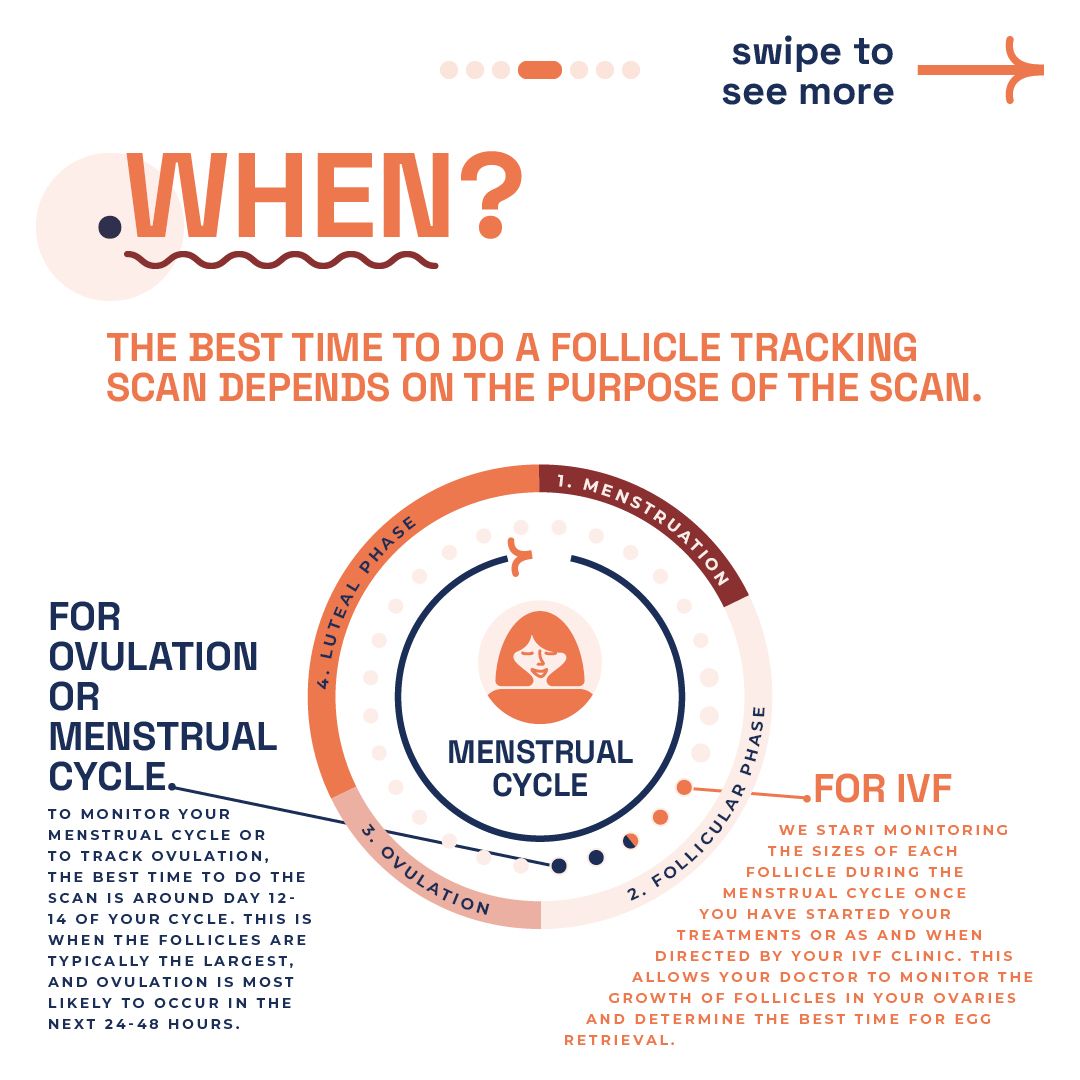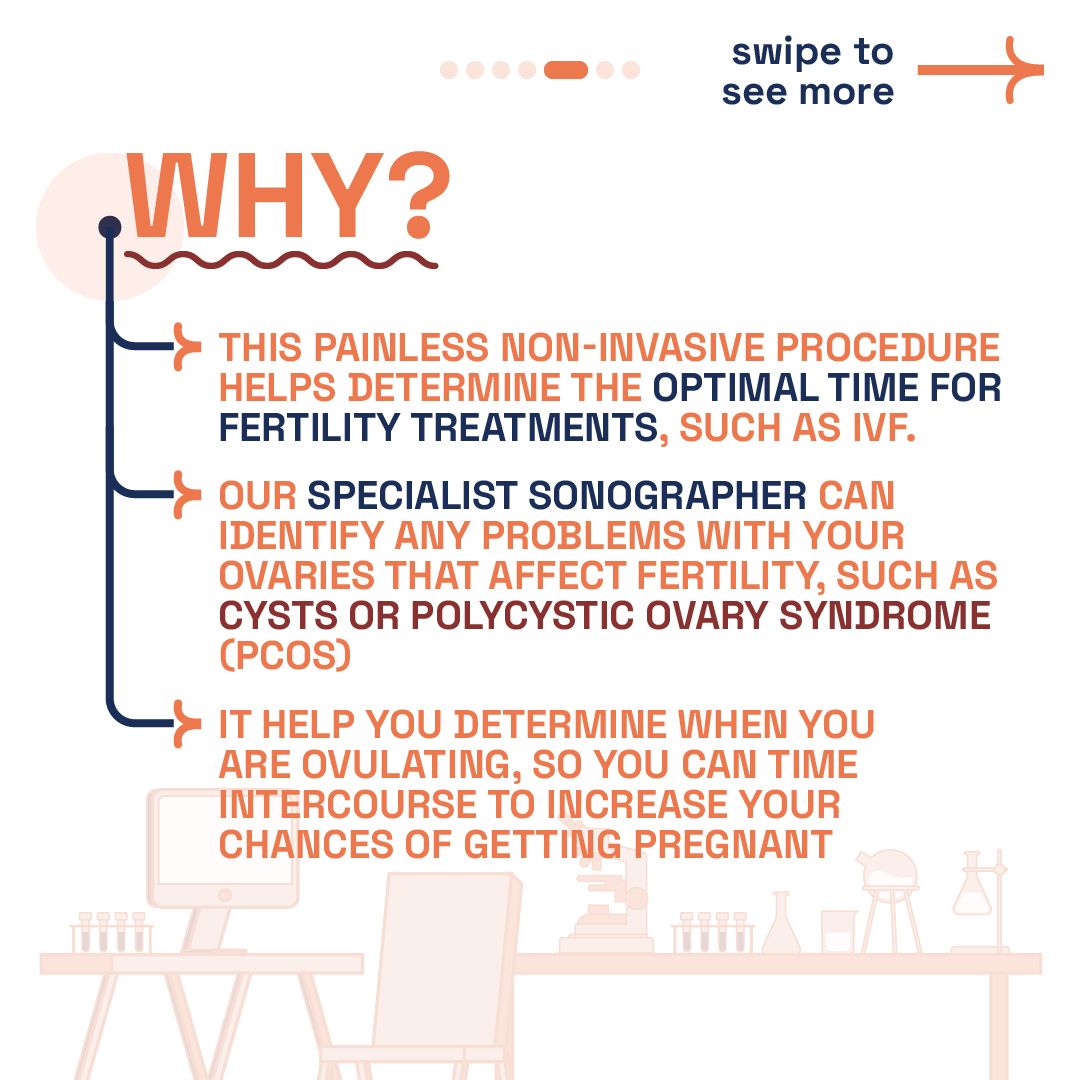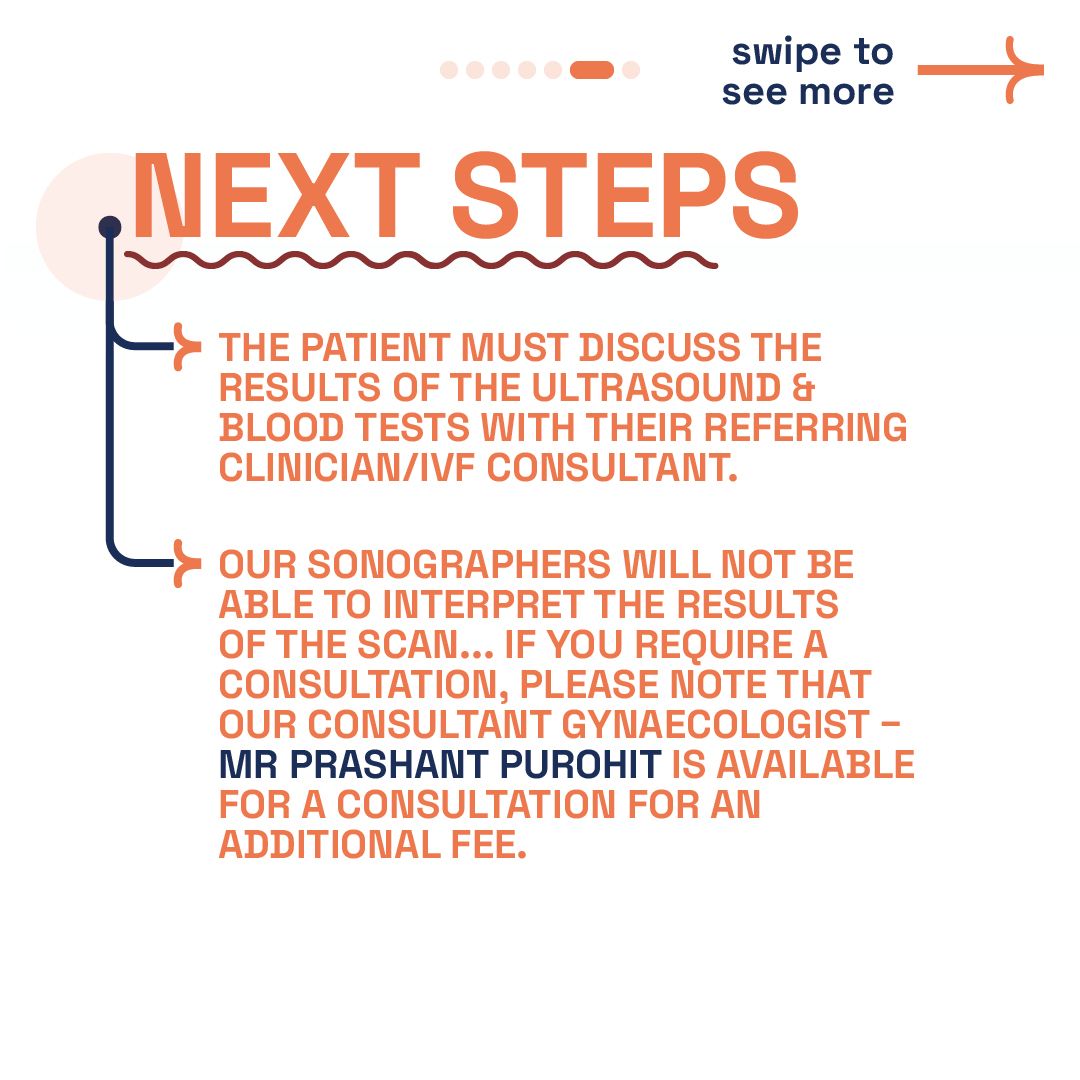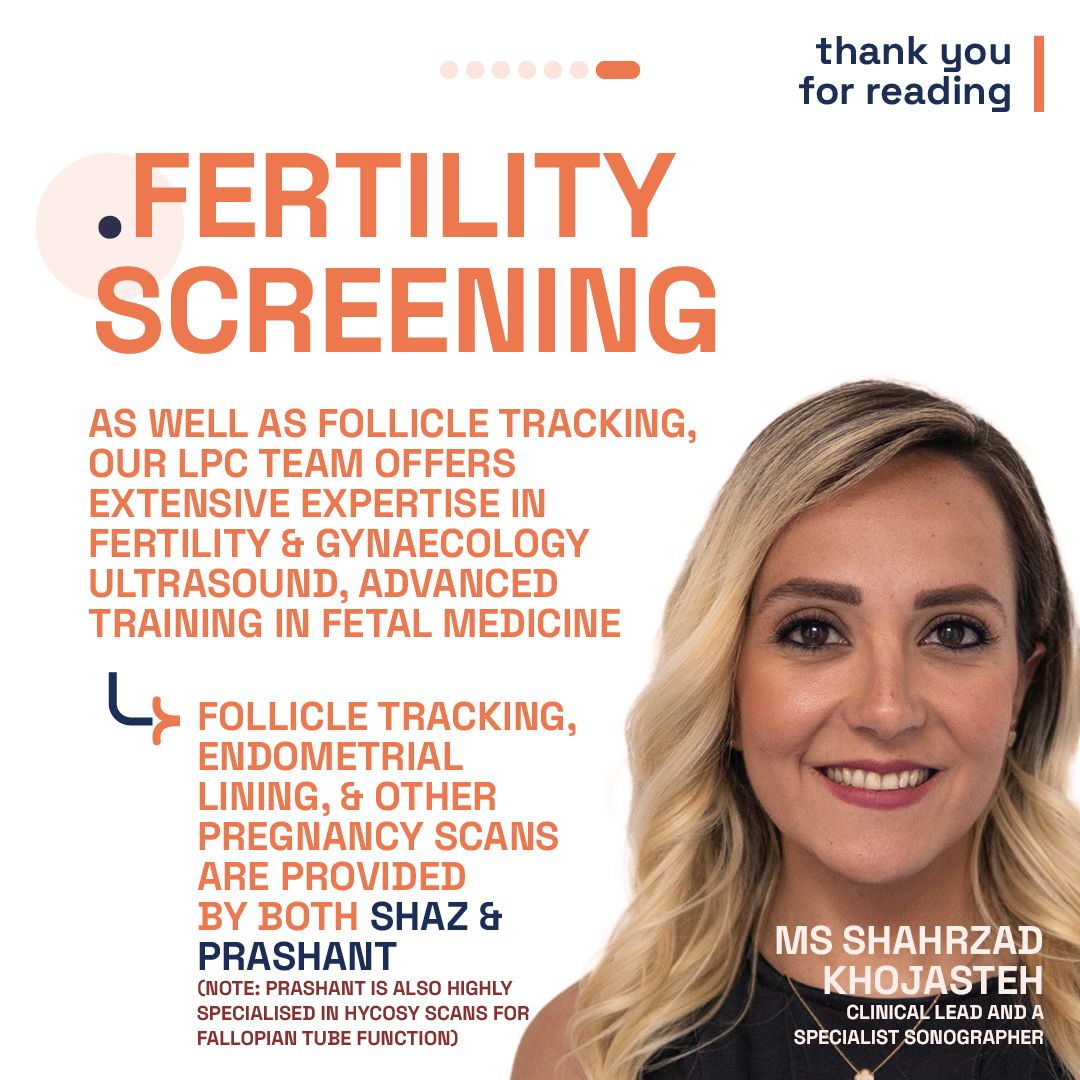Expert Follicle Tracking Fertility Scan in London
A Follicle Tracking Fertility Scan is an ultrasound scan used to monitor ovarian follicle growth and development during the menstrual cycle. This painless non-invasive procedure helps determine the optimal time for fertility treatments, such as IVF.
Leading Experts in Fertility Scans
London Pregnancy Clinic is now offering Follicular tracking scan, also known as antral follicle count. This scan is designed to assess the total number of follicles and the size of each follicle in each ovary.
These scans are popular among those going through IVF treatment abroad. Follicle Tracking Fertility Scan helps your referring clinician make important decisions in your fertility treatment and as such it is imperative to get accurate readings.
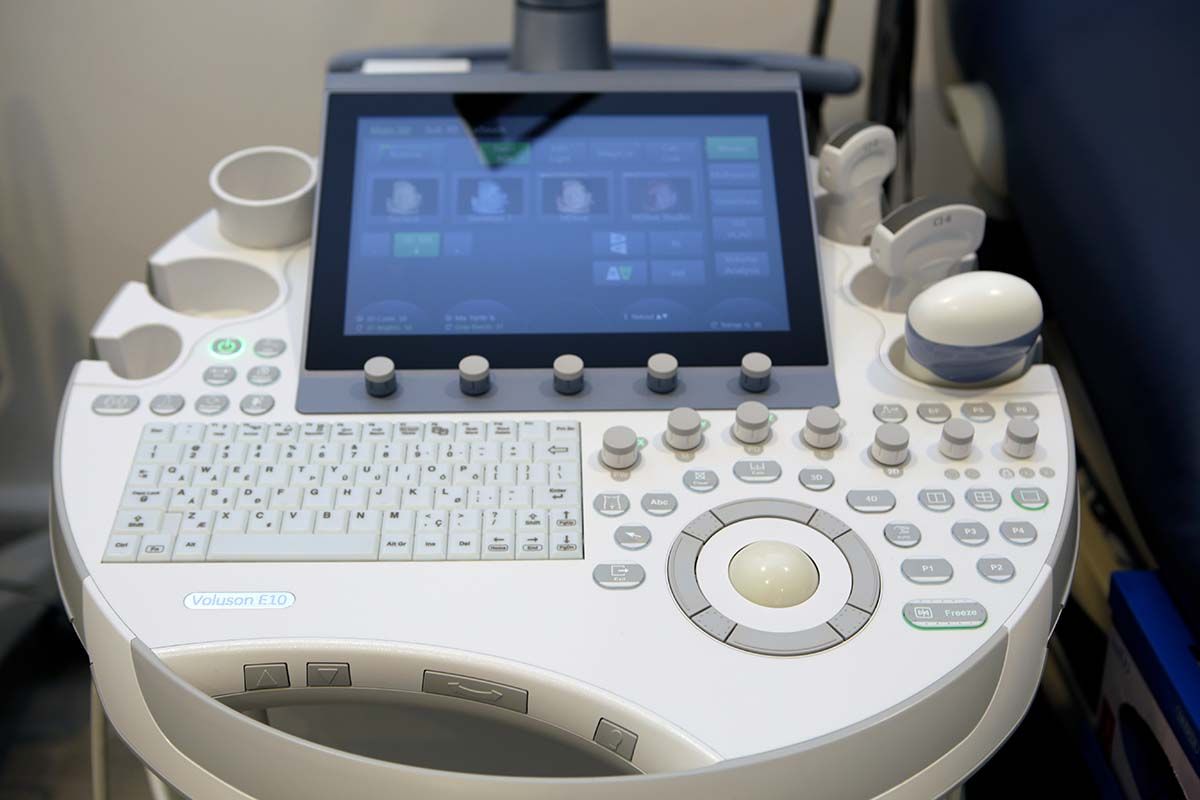
Our advanced ultrasound equipment allows superior image and screening
Choose London Pregnancy Clinic for your Follicle Tracking Fertility Scan
-
We use the latest ultrasound equipment from GE – Voluson E10 at its BT20 configuration
-
Our fertility ultrasound scans include Follicular Tracking, also known as Antral Follicle Count include a 3D assessment where appropriate
-
Scan with a specialist sonographer with a wealth of experience in fertility scans
-
Detailed ultrasound report and images promptly sent to you and to your referring consultant or clinic
-
Consultant lead clinic, consultations with a fertility specialist available for an additional price
-
Same day, evening and weekend appointments
-
5* rated service on Doctify, TrustPilot and Google
-
Blood test such as AMH hormone level and many more available at the time of appointment if required.
More about our Follicle Tracking Scan
-
Number of follicles: The sonographer will count the number of follicles present in each ovary. This is important for determining the potential for ovulation and the likelihood of success with fertility treatments.
-
Size of follicles: The sonographer will measure the size of each follicle. As the follicles grow, they will increase in size, and a mature follicle is typically around 18-25 mm in size.
-
Maturity of follicles: The sonographer will look for signs that a follicle is mature and ready to release an egg. This includes the appearance of the follicle and the thickness of the endometrial lining in the uterus.
Our scans are performed by our specialist sonographer who will provide detailed ultrasound scan report as well as the images from your scan. These will be sent to you securely via our cloud sharing system Tricefy.
We can also arrange your results to be sent to your referring clinic for them to discuss and interpret the results for the continuation of your treatment.
The patient must discuss the results of the ultrasound and blood tests with their referring clinician/IVF consultant.
Our sonographers will not be able to interpret the results of the scan for you, and a qualified professional in fertility and reproductive medicine needs to explain the results to you.
If you require a consultation, please note that our consultant gynaecologist – Mr Prashant Purohit is available for a consultation for an additional fee. You can learn more about those services by following the link below.
On most occasions, your referring clinic will ask you to have more than one scan to make sure they obtain all the necessary information about your follicles to maximise the success of your fertility treatment.
At London Pregnancy Clinic we understand that your IVF treatment can be stressful and costly. We have built valuable working relationships with fertility clinics across Europe and the Middle East and work closely with them to make sure they have all that is required for your treatment.
Your fertility clinic could also require other types of scan alongside your Follicle Tracking Fertility Scan:
- Endometrial Lining Scan: An endometrial lining scan is an ultrasound procedure used to assess the thickness and health of the uterus’s inner layer (endometrium), crucial for successful implantation and pregnancy (£120)
- HyCoSy Scan: A HyCoSy scan is a non-invasive ultrasound procedure used to assess the patency of the fallopian tubes and detect abnormalities in the uterus and ovaries (£550)
- Pelvic Scan: A pelvic scan is an ultrasound examination that provides images of the structures and organs in the lower abdomen/pelvic area, including the uterus, ovaries and bladder (£260)
We kindly advise our patients to arrive 10 minutes early for their appointments. Upon arrival, you will be greeted by our friendly admin team at the front desk. You will be asked to fill out a registration form if you have not done so already. We recommend this be completed before your appointment. You will be asked to use our facilities and have an empty bladder for your transvaginal ultrasound scan. During your appointment, you will be provided with a skirt cover to change into. There will be a private and separate area for you to get changed. If you have specific requirements, please ask, and our team will do their best to accommodate.
Shortly after the ultrasound scan is performed, you will receive an email containing your detailed ultrasound report including the images for your referring consultant to review and advise. We can send a copy of your ultrasound report to your referring consultant upon request so that they can receive your results as early as possible. It is possible to share video-clips of your ultrasound scan with you and your consultant if requested in advance.
Transvaginal Ultrasound, also known as internal or endovaginal ultrasound scan, is a safe technique which is routinely performed in Gynaecology to assess the female reproductive organs. This technique is also beneficial in early pregnancy ultrasound examination. There is no risk or harm caused by performing transvaginal ultrasound scan. This is a crucial scan as it provides your clinician with a detailed view of the reproductive organs ensuring the best possible outcome.
The scan is performed using a transvaginal transducer cleaned by using safe and approved medical disinfectant. The transducer is covered with a non-latex probe cover and sterilised gel. The transducer will be inserted into the vagina by your performing operator. There is a need to move the transducer side to side and up and down to obtain satisfactory images.
The procedure is safe and not painful. Please let the clinician know if you are experiencing any discomfort.
Yes, ultrasound is considered safe for medical examinations. Ultrasound uses high-frequency sound waves to produce images of the inside of the body, and it does not use ionising radiation, making it a safe and non-invasive option for many diagnostic tests.
Ultrasound has been widely used in medical practice for several decades and has a well-established safety record. There is no evidence that ultrasound causes any long-term harm to the body.
The timing of a follicle tracking scan is typically more important than the time of day when the scan is done. That being said, there are some advantages to doing the scan in the morning:
-
Consistency: Doing the scan at the same time every day can help ensure consistent results.
-
Hormone levels: Hormone levels that affect follicle growth, such as luteinizing hormone (LH) and follicle-stimulating hormone (FSH), are often highest in the morning. By doing the scan in the morning, your healthcare provider can get a better idea of your hormone levels and how they are affecting follicle growth.
-
Convenience: Many healthcare providers schedule follicle tracking scans in the morning, making it more convenient for patients who have work or other commitments later in the day.
However, it’s worth noting that the timing of the scan can vary depending on your individual circumstances and the protocol recommended by your healthcare provider. So while there may be some advantages to doing the scan in the morning, it’s important to follow your provider’s specific instructions for when to schedule the scan.
We will be able to accommodate a large variety of blood test which your referring clinic may as for. For example, a common blood test required in preparation for a fertility treatment is the AMH test, to test the level of anti-müllerian hormone in your blood.
AMH, and many other tests can be done during the same appointment for an additional fee. Visit the link below to find out more about our blood tests.
The best time to do a follicle tracking scan depends on the purpose of the scan.
If you are undergoing fertility treatment, such as in vitro fertilization (IVF), the timing of the scan will depend on your treatment protocol and the medication you are taking. Typically, follicle tracking scans are done starting around day 10-12 of your menstrual cycle and repeated every few days until ovulation is confirmed. This allows your doctor to monitor the growth of follicles in your ovaries and determine the best time for egg retrieval.
If you are using follicle tracking to monitor your menstrual cycle or to track ovulation, the best time to do the scan is around day 12-14 of your cycle. This is when the follicles are typically the largest, and ovulation is most likely to occur in the next 24-48 hours.
Ultimately, the timing of your follicle tracking scan should be determined in consultation with your healthcare provider, who can provide guidance based on your individual circumstances and goals.
Yes, ultrasound is generally considered safe for medical examinations. Ultrasound uses high-frequency sound waves to produce images of the inside of the body, and it does not use ionizing radiation, making it a safe and non-invasive option for many diagnostic tests.
Ultrasound has been widely used in medical practice for several decades and has a well-established safety record. There is no evidence that ultrasound causes any long-term harm to the body.
A Follicle Tracking Fertility Scan is a non-invasive procedure and is generally not painful. During the procedure, a sonographer will insert a small transvaginal ultrasound probe into the vagina to produce images of the ovaries. You may feel some mild discomfort or pressure during this part of the exam, but it should not be painful.
In some cases, you may experience mild cramping or discomfort during the exam, particularly if you have a full bladder. This can happen because a full bladder can push on the uterus, causing discomfort. However, this is usually temporary and subsides once the exam is complete.
If you experience pain during the procedure, it’s important to let the sonographer know right away so they can adjust the procedure or take other steps to minimize your discomfort. In rare cases, women with certain medical conditions or sensitivities may experience more discomfort during the exam, but this is not the norm.
At London Pregnancy Clinic, we are specialists in fertility and reproductive medicine. For a more round picture of your fertility profile, our gynaecologists could recommend other examinations such as AMH test, or our full fertility health assessment package.
The number of follicles in a woman is primarily determined by genetics and age, and can be influenced by certain medical conditions and lifestyle factors.
-
Genetics: The number of follicles a woman has is largely determined by her genetic makeup. Women are born with a finite number of follicles, and this number declines over time as follicles are released during ovulation.
-
Age: As women age, the number of follicles in their ovaries naturally decreases. This is because the pool of follicles a woman has at birth is gradually depleted over time. By the time a woman reaches her mid-30s, the number of follicles in her ovaries has typically declined significantly.
-
Medical conditions: Certain medical conditions, such as polycystic ovary syndrome (PCOS), can affect the number of follicles in a woman’s ovaries. Women with PCOS may have a larger number of small follicles in their ovaries, which can affect ovulation and fertility.
-
Lifestyle factors: Lifestyle factors such as smoking, obesity, and exposure to environmental toxins can also affect the number of follicles in a woman’s ovaries. For example, smoking has been linked to decreased ovarian reserve and early menopause.
It’s worth noting that the number of follicles present does not necessarily correlate with fertility or the ability to conceive. Other factors, such as the quality of the eggs and the health of the uterus, also play a role in fertility.
DO YOU WANT TO KNOW MORE ABOUT OUR FOLLICLCE TRACKING SCAN?

